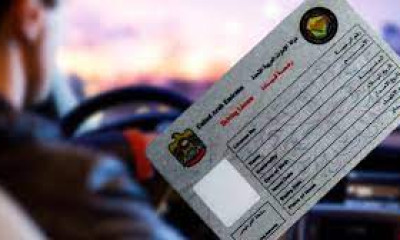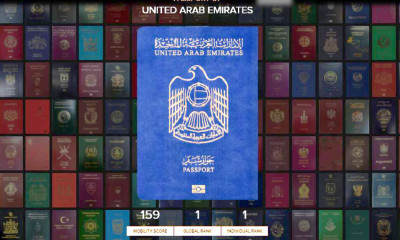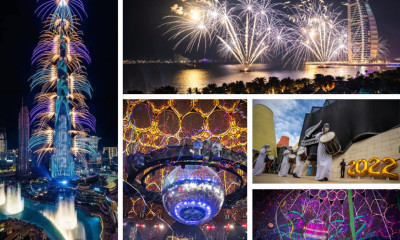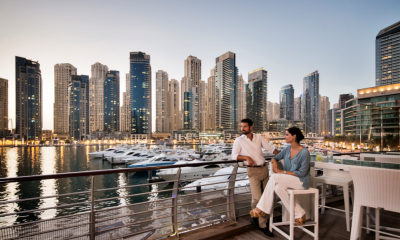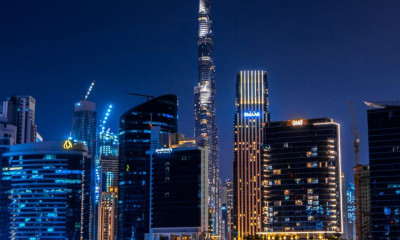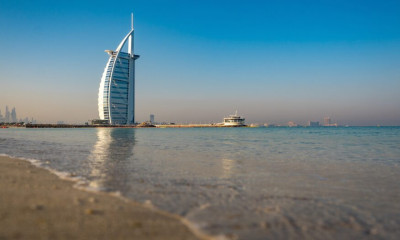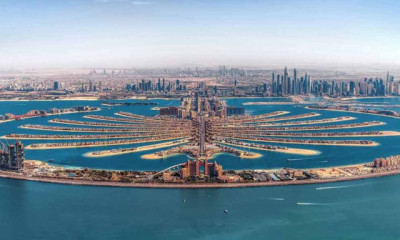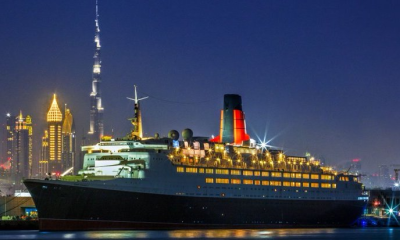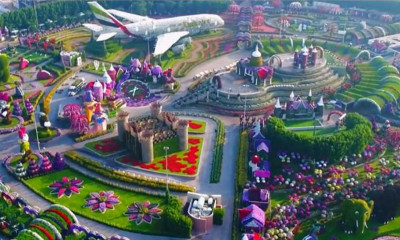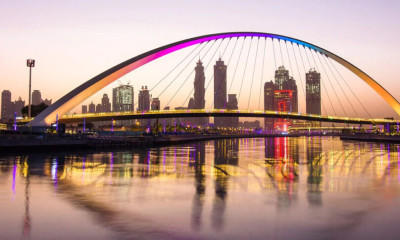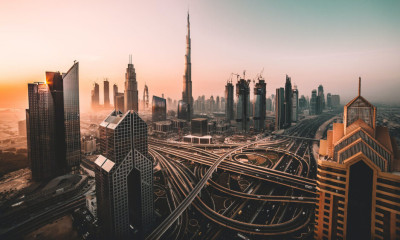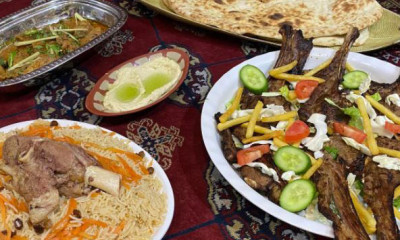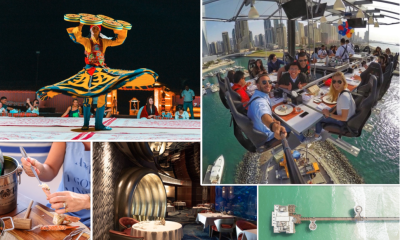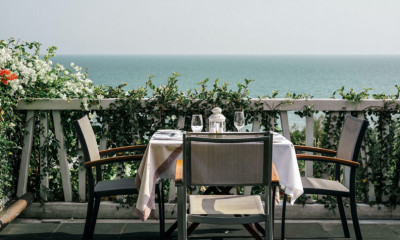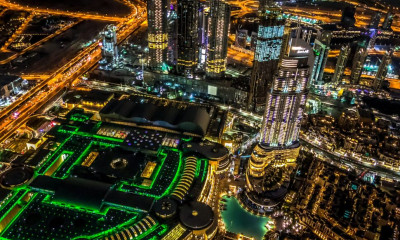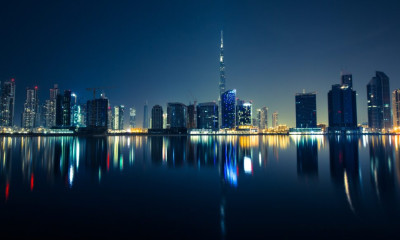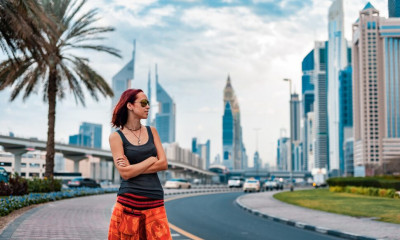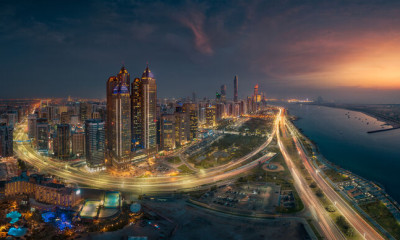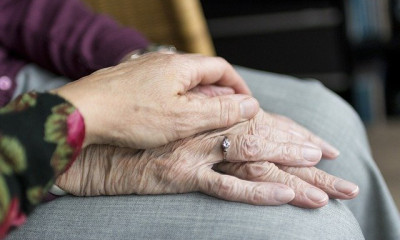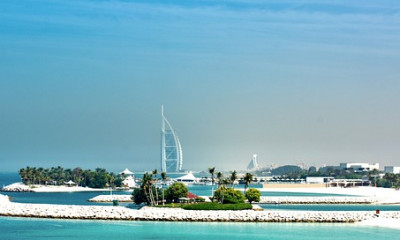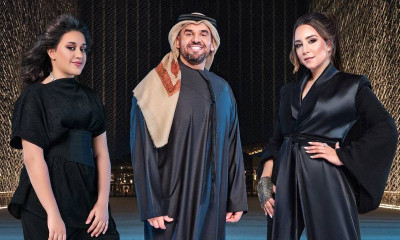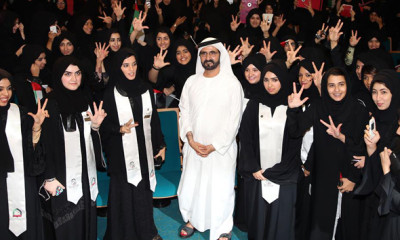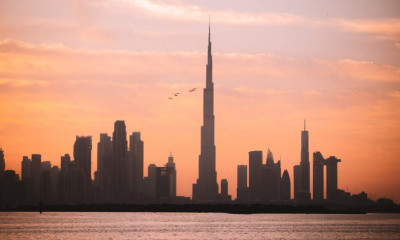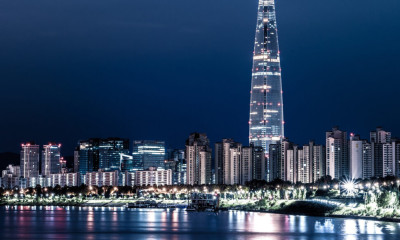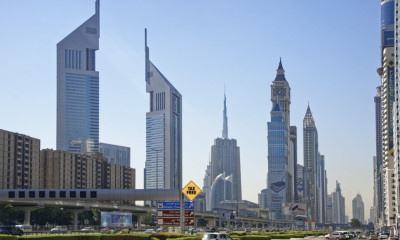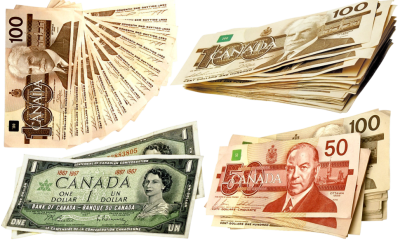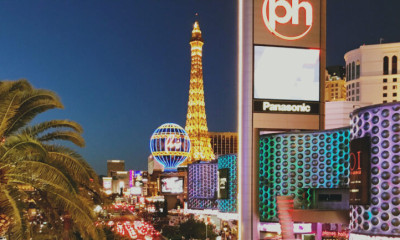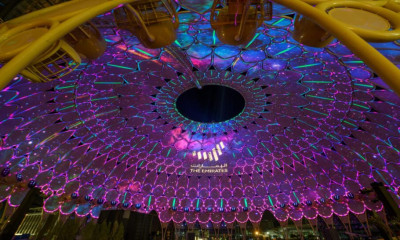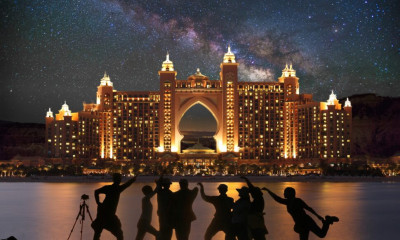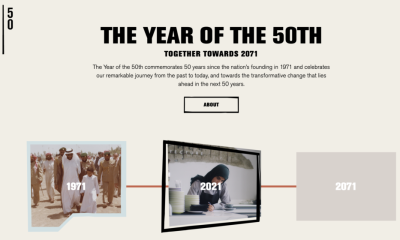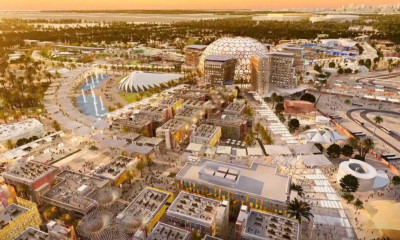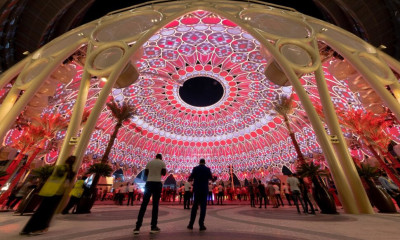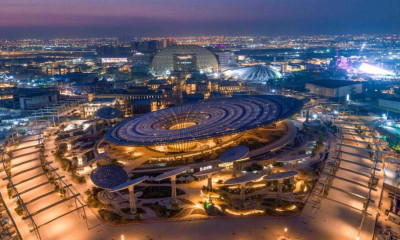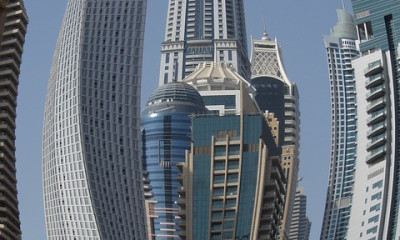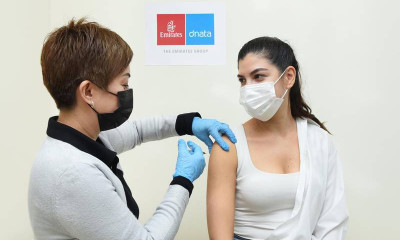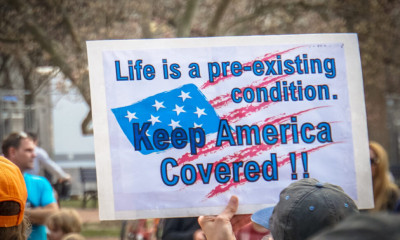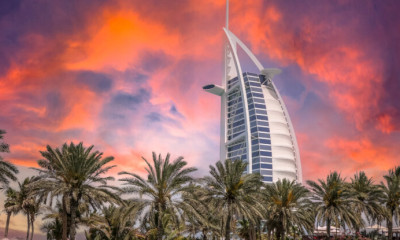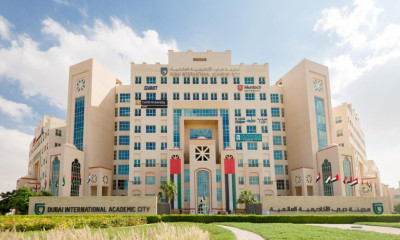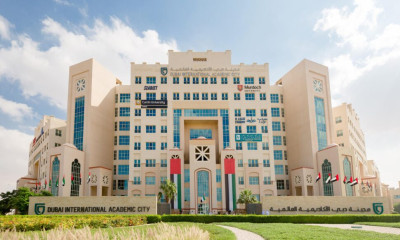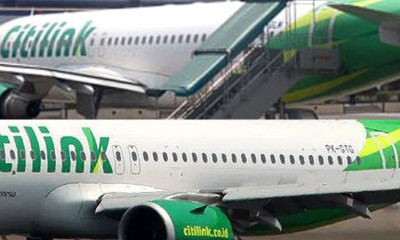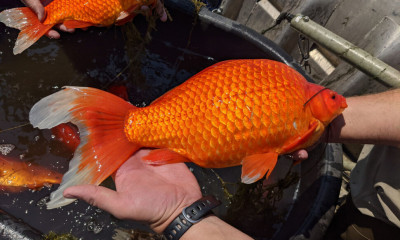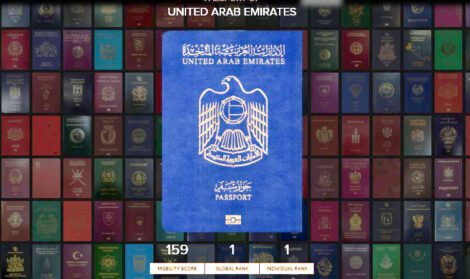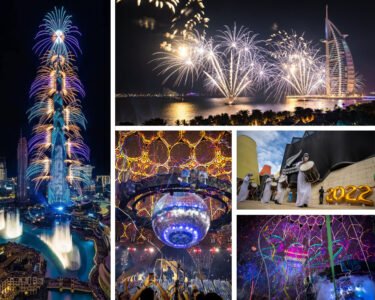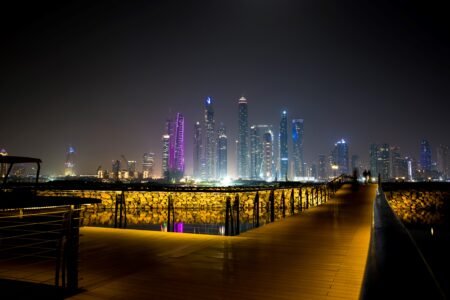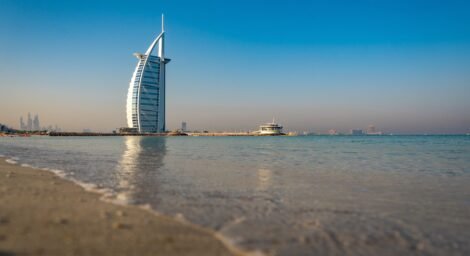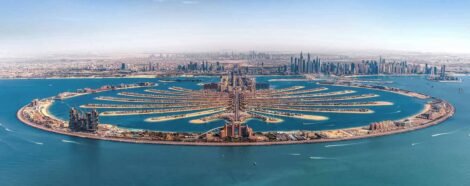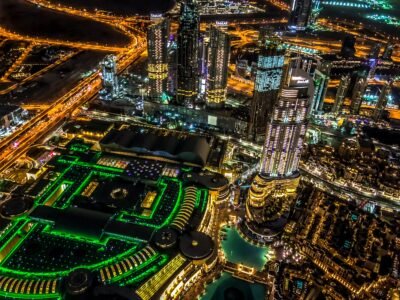
It may be having one of the world’s most heavily militarised borders, but South Korea stands out splendidly due to hilly countryside and centuries-old Buddhist temples, sub-tropical islands and hugely high-tech cities like the capital, Seoul, which has a palace which once had more than 7,000 rooms. The popularity is not because of the history and landscape, but for being ranked tenth among the world’s largest economic powers and fourth in Asia in 2021.
One of the poorest countries in the world, its spectacular rise as extensively developed and high-income country has happened in just one generation.
Even during the debilitating Global Financial Crisis of 2007-2008, it maintained a stable economy – surprisingly, it even experienced economic growth during the peak of it. The Covid-19 pandemic has resulted in it registering one of its worst two-year growth periods in more than half a century and getting battered by its frosty ally China’s economic slowdown. According to the IMF’s forecasts, its GDP growth is expected to bounce back to 2.9 per cent in 2021 and pick up to 3.1 per cent in 2022, subject to the post-pandemic global economic recovery.
Exports account for over 42.2 per cent of the country’s GDP, far more than the 28.6 per cent average across all countries.
The country with the GDP of US$1.65 trillion in 2019 has a population of about 66 million and a life expectancy of 81.0 years at birth lacked significant natural resources, but began ruling the world by implementing an export-oriented economic development plan
The country with the GDP of US$1.65 trillion in 2019 has a population of about 66 million and a life expectancy of 81.0 years at birth lacked significant natural resources, but began ruling the world by implementing an export-oriented economic development plan, which included heavy spending on education and investment in industrial facilities.
Dubbed as Miracle on the Han River, the country’s GNI per capita increased more than tenfold between 1970 and 2016 and is now US$34,277 – more than twice the global average GNI per capita of US$14,459.
The country is home to 15 of the world’s 500 largest companies by revenue, among them Samsung Electronics and Hyundai Motor, with its top exports being consumer electronics and cars. In 2020, it had approximately 1.7 million people aged 65 years old and above and their numbers would double in the next 20 years.
South Korea doesn’t offer retirement visas to foreign citizens. That didn’t deter mostly Western expatriates to make it their retirement destination and stay in the country long-term. If you are spending less than US$2,000 a month, you should plan to skip dining out, travelling or saving any money. You will not be able to afford a car, but should probably rely on public transportation. If your budget is between US$2,000 and US$3,000, you can retire comfortably. Between US$3,000 and US$4,000 a month, one should be able to live comfortably – and even do savings. Foreigners planning to buy property in the country are subject to the Foreigner’s Land Acquisition Act and the Real Estate Registration Act and they have to report the transaction to the appropriate officials within 60 days of signing the purchase contract.
The top five places to consider retirement in South Korea are Seoul, Busan, Cheonan, Incheon and Geoje Island. To live in here, you’ll need a visa, no matter the duration of your stay. The best way to settle in is by applying for an alien registration card. You’ll have 90 days after arrival to apply for this card. If you become a long-term visa holder, you’ll eventually be able to apply for residency. To achieve residency, you’ll need language proficiency, knowledge of Korean history, five years of proven residence, and have to pass an interview and written test.
South Korea had launched the residence by investment programme in 2010 with the real estate investment option. In 2012, it introduced the Public Business programme to complement its offering with business and bond investment options.
South Korea had launched the residence by investment programme in 2010 with the real estate investment option. In 2012, it introduced the Public Business programme to complement its offering with business and bond investment options. The programmes provide a renewable two-year resident permit. After five years of living in the country, applicants become eligible for permanent residence and citizenship. The South Korean passport is a world-class travel document providing visa-free travel to the US, Europe and China.
South Korean law stipulates that foreign individuals are not eligible to apply for a permanent visa unless they are married to a South Korean national or they are a very high net worth individual capable of investing a sum of 50 million won into the local economy. South Korea immigration law stipulates that where an individual has a business visa and has invested a minimum of 50 million won into a South Korean business then he/she is eligible to apply for a permanent residency visa.
South Korean visa requirements state that all travellers entering the country, whether they have a visa or not, need to have a passport valid for at least six months validity. According to the South Korean visa law, there are currently around 110 visa-exempt nationalities for the country. These foreign citizens may enter South Korea for differing periods of permitted stay visa-free. Depending on nationality, visa-exempt citizens may stay in South Korea from 30 days to 180 days. However, individuals from over 130 countries and territories around the world require a visa to travel to South Korea.
Weather
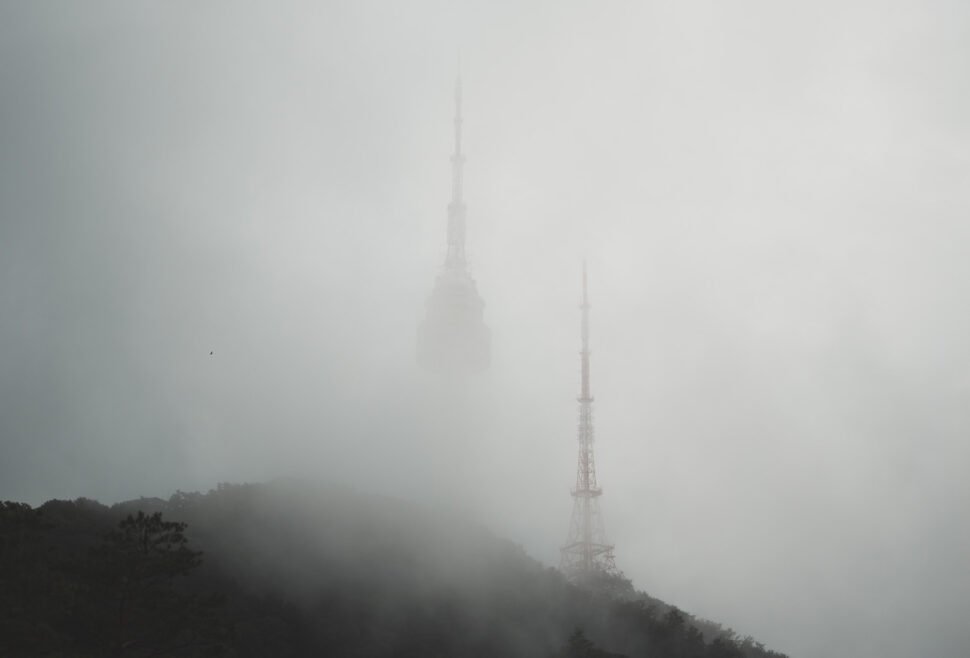
The country has a temperate climate with four distinct seasons. Winters are usually long, cold and dry. Summers are short, hot, and humid. Spring and autumn are pleasant, but also short in duration.
Cost of living
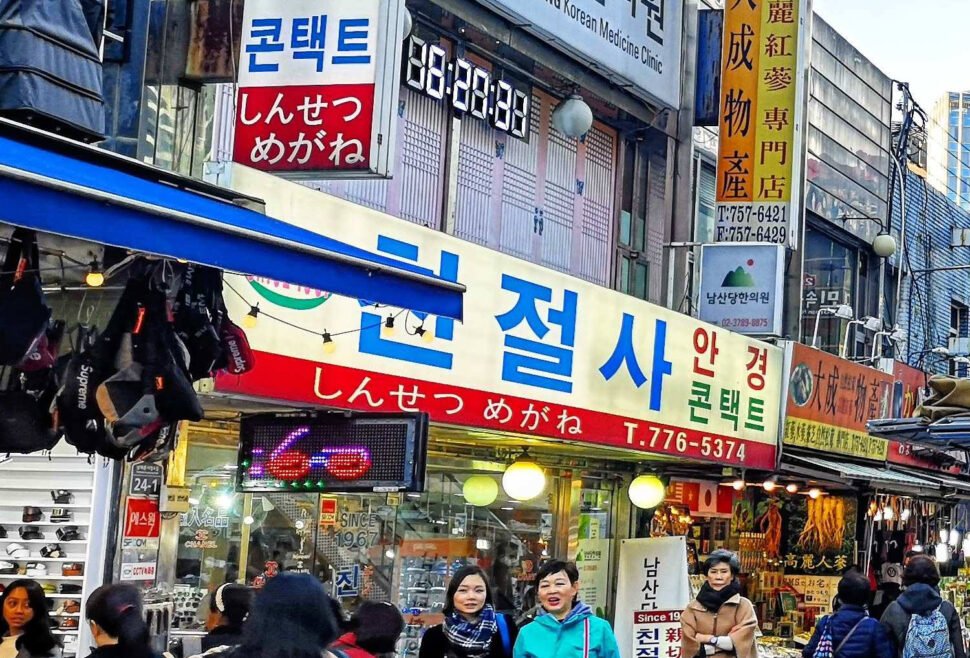
The costs of living in Seoul are in the most expensive 10 per cent of all 248 Teleport cities. On a national level, a family of four will have to spend an average of 2,300,000 KRW per month (US$2,000) for living expenses (excluding rent).
Connectivity
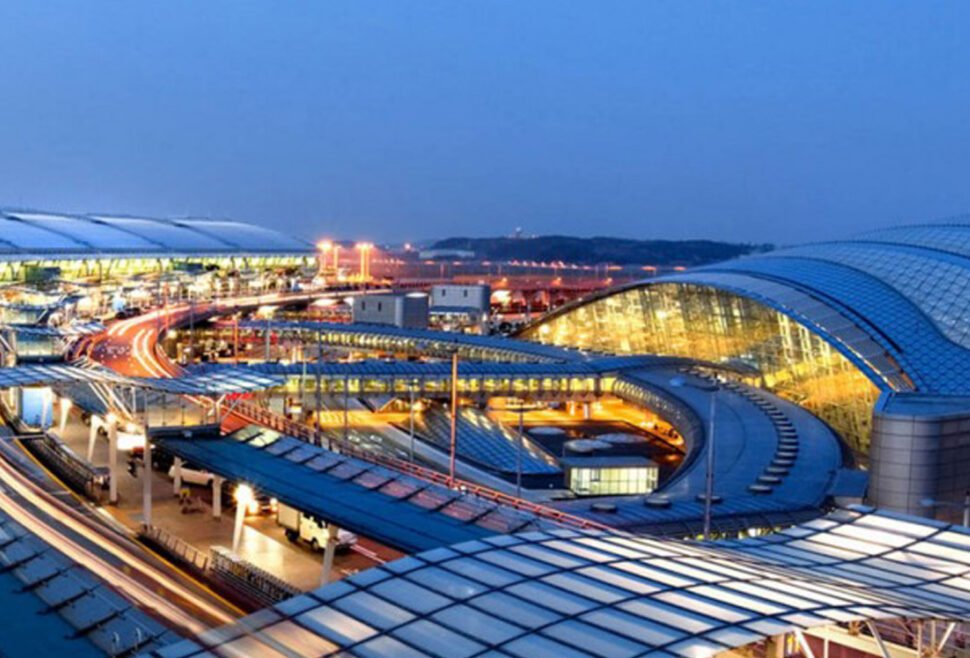
The country has 28 airports, of which 15 have scheduled flights. The biggest airport is Seoul’s Incheon International Airport with flights to 147 destinations operated by 66 airlines. Incheon Airport opened in 2001 to respond to the surge in international passenger.
Healthcare
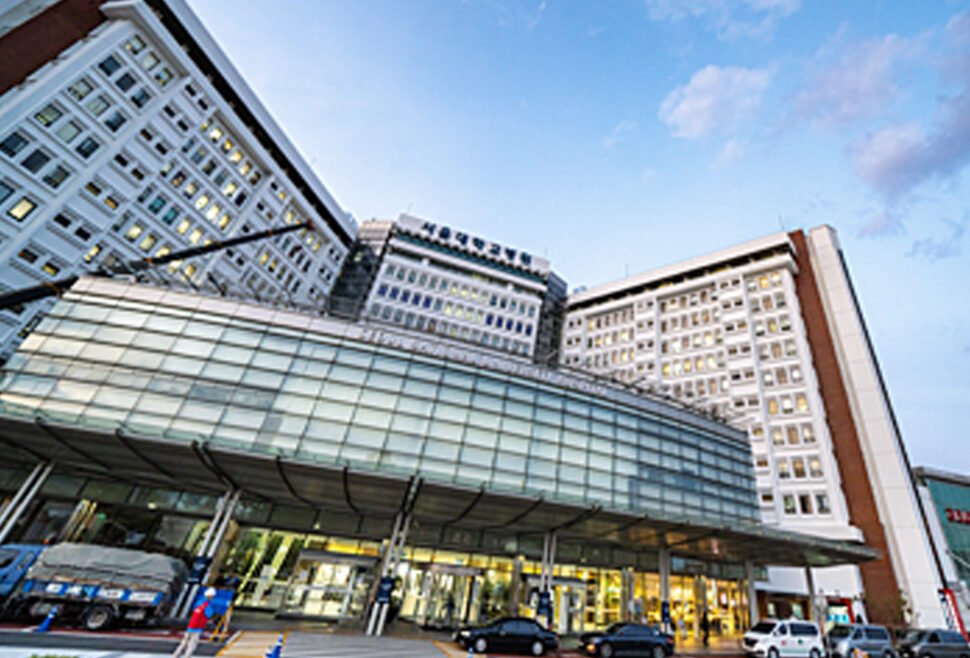
Overall, the health status of the Korean population is better than that of several other Asian countries. The Republic has achieved universal health coverage. Public healthcare is not free, but it is reasonable.
Taxation
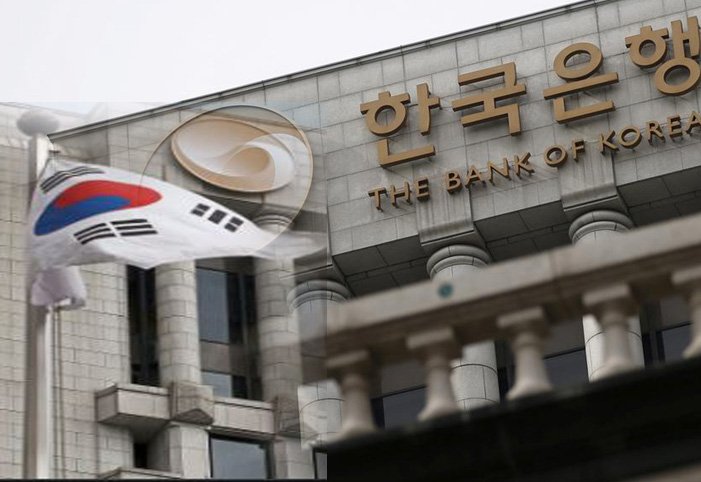
There are 16 national taxes and 11 local taxes in Korea. Expatriates deemed residents are subject to Korean tax on their worldwide income, including their investment income.
Tourism

South Korea has a long and fascinating history and an excellent tourism infrastructure, including a high-speed rail system. Changdeokgung Palace, one of the five grand palaces built by the Joseon Dynasty in the 15th-century is a must-visit in Seoul.
Crime
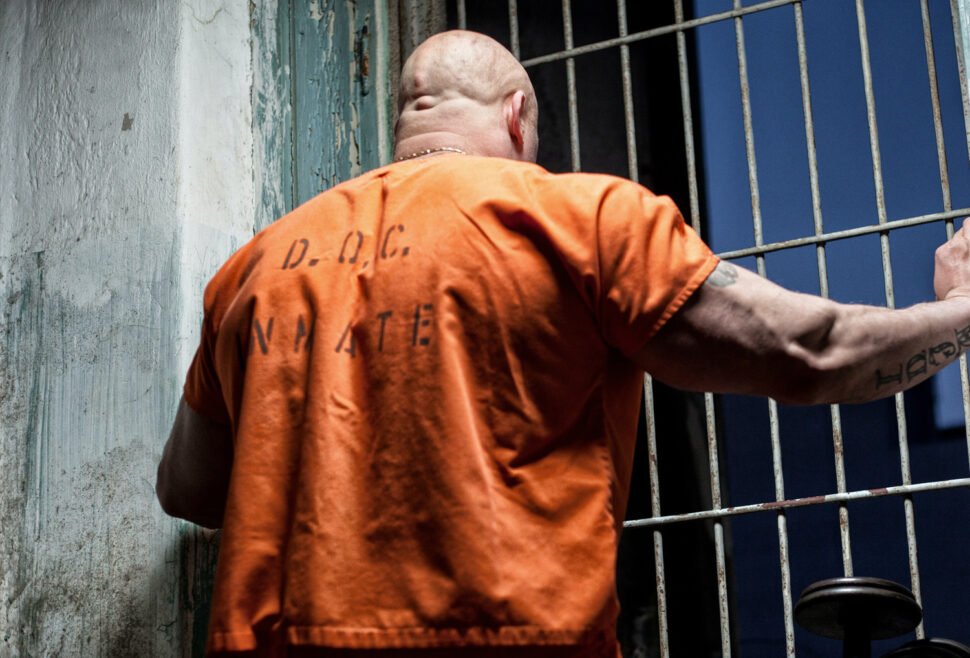
Crime rates are moderate, but violent crimes like murder are uncommon. Bribery, corruption, fraud, organised crime and sex trafficking remain a concern for people. Seoul has been rated as a low threat location for crime. For most visitors, it is a very safe country.
Quality of life
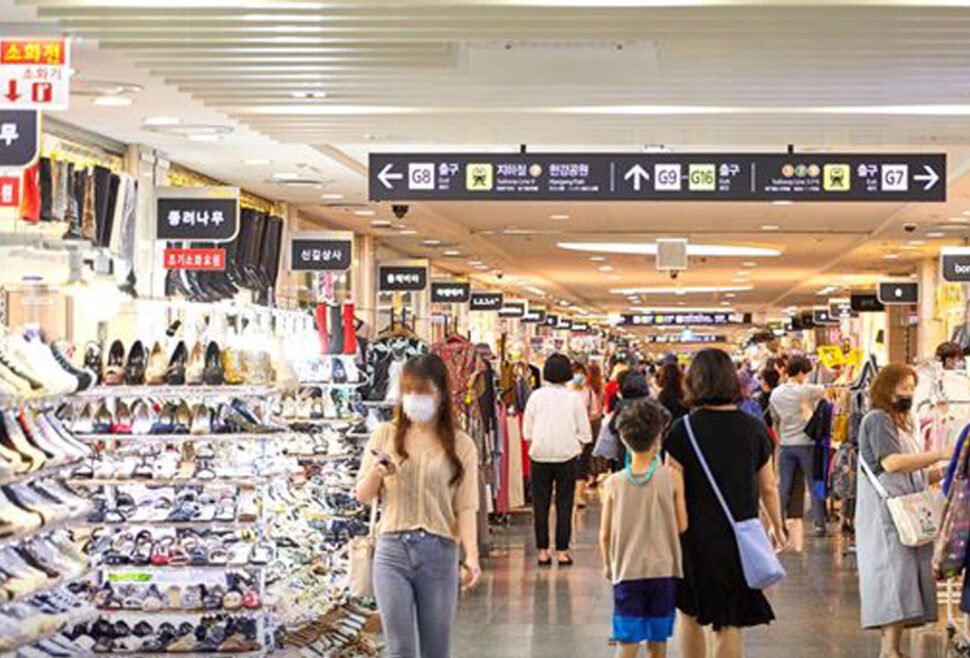
In the OECD Better Life Index, Korea ranks above the average in housing, civic engagement, education and skills, jobs and earnings, personal security, but below average in income and wealth, subjective well-being, environmental quality, health status, social connections, and work-life balance.
Government
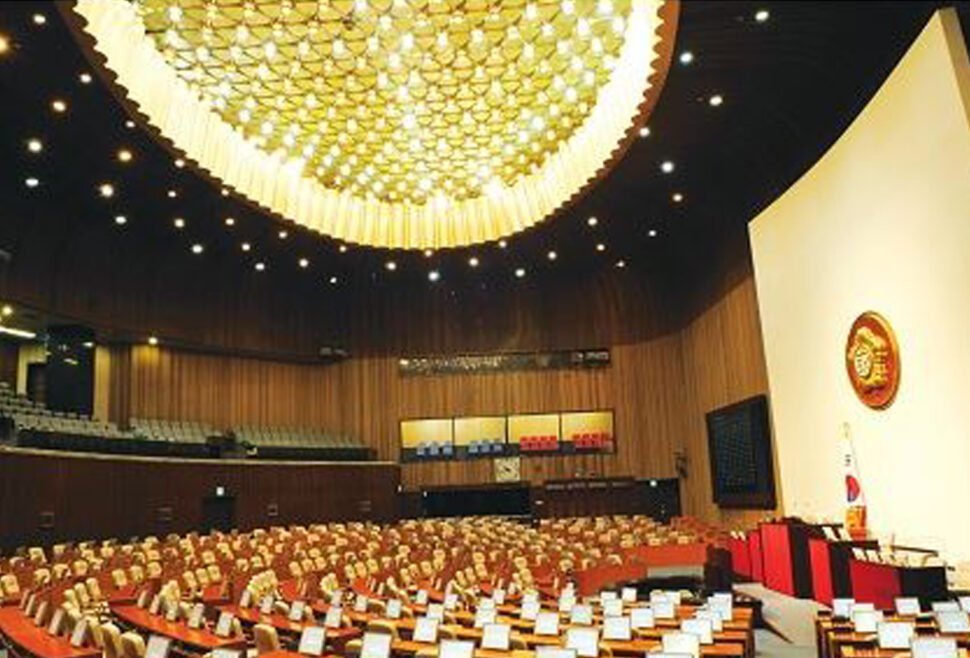
A transition to a consolidated democracy and an advanced market economy represents the main challenge that the Korean political and economic system currently confronts. During the two decades since it became a democracy, South Korea has faced lingering problems like poor governance, lack of leadership, political conflict, social polarisation, volatile public opinion and lack of consensus on major issues.
Economic stability
South Korea’s economic freedom score is 74.0, making its economy the 25th freest in the 2020 Index of Economic Freedom by the US-based Heritage Foundation. Its overall score has increased by 1.7 points due to higher scores in the rule-of-law pillar.



